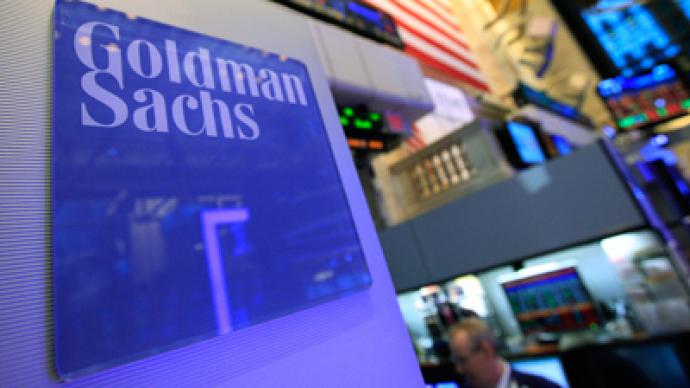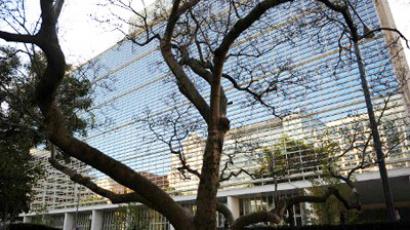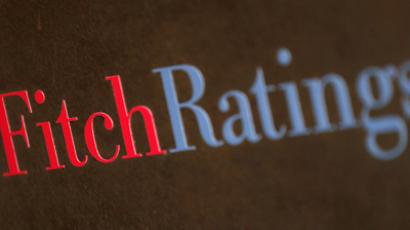Consumer spending not oil to boost Russian growth

Goldman Sachs is predicting a 5% growth in Russian GDP on the back of growing investment and domestic consumption.
Russia’s GDP would grow 3.9% in 2012, and 4.5% in 2013, but won’t be based on commodities prices anymore, according to Goldman Sachs research. Oil prices won’t grow significantly hanging about $120-130 per barrel, according to their forecast. Growing investment and domestic consumption would be the main drivers for the Russian economy. Retail sales in Russia grew 8% in the last 6 months and are expected to grow further. Boosting investment is the key issue in pushing forward Russian economy, stressed Goldman Sachs. But some analysts are sceptical this goal is easily achievable. Despite the fact that investment flow to Russia grew 7%, the capital outflow still hampers growth.Recent capital outflow was determined by political uncertainty ahead of the elections and it should reverse in the upcoming months, according to Yaroslav Lissovolik, the chief economist at Deutsche Bank. “It is possible for Russia to have net capital inflows starting from the second half of the year,” agrees Lissovolik. “In order to have it Russia needs a stronger presence at capital markets, hopefully the Eurobond issue would play its role in this regard.” This week Russia has issued $7 billion worth of Eurobonds, which were three times oversubscribed.Indeed, capital inflow to Russia reached a record $203 million last week comparing to $131 million the week before. It was the second largest inflow after $237 million that were invested at the end of January. Meanwhile not all Russian experts are optimistic about the country’s GDP growth. Incomes grew 2% in 2011 comparing to 10.7% in 2007, domestic consumption is unlikely to jump significantly, they say.Russia’s capital inflow is temporary and reflects investors’ concerns over China’s economy slowdown, not Russia’s investment attractiveness.“Investors continue to exit China as concerns grow that the country’s economy faces a slowdown,” says Chris Weafer from Troika Dialog. “But while the contagion from China has led to redemptions in other major emerging market country funds, especially Brazil last week, Russia funds reported an increase in new investment.”Capital inflow contrasts with the Russian market’s relatively poor performance during this week compared to other emerging markets, he stressed.














